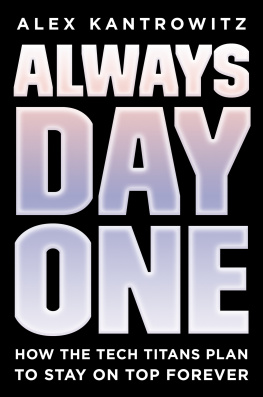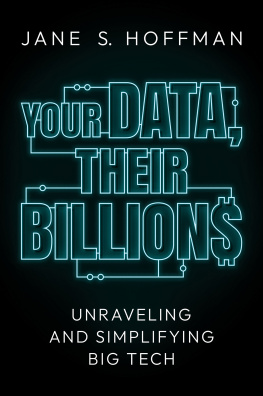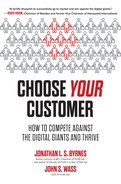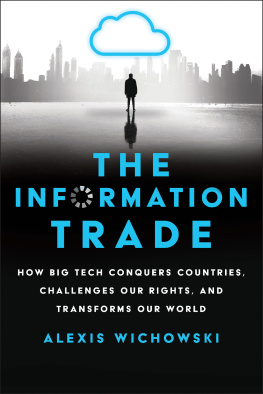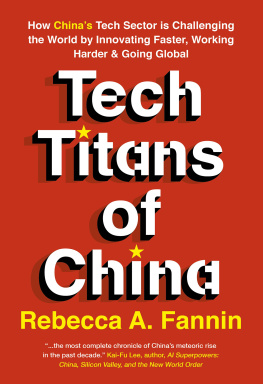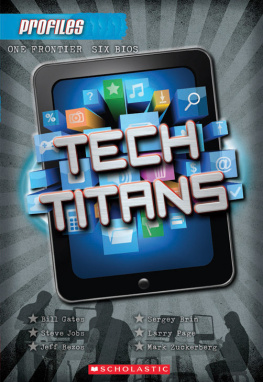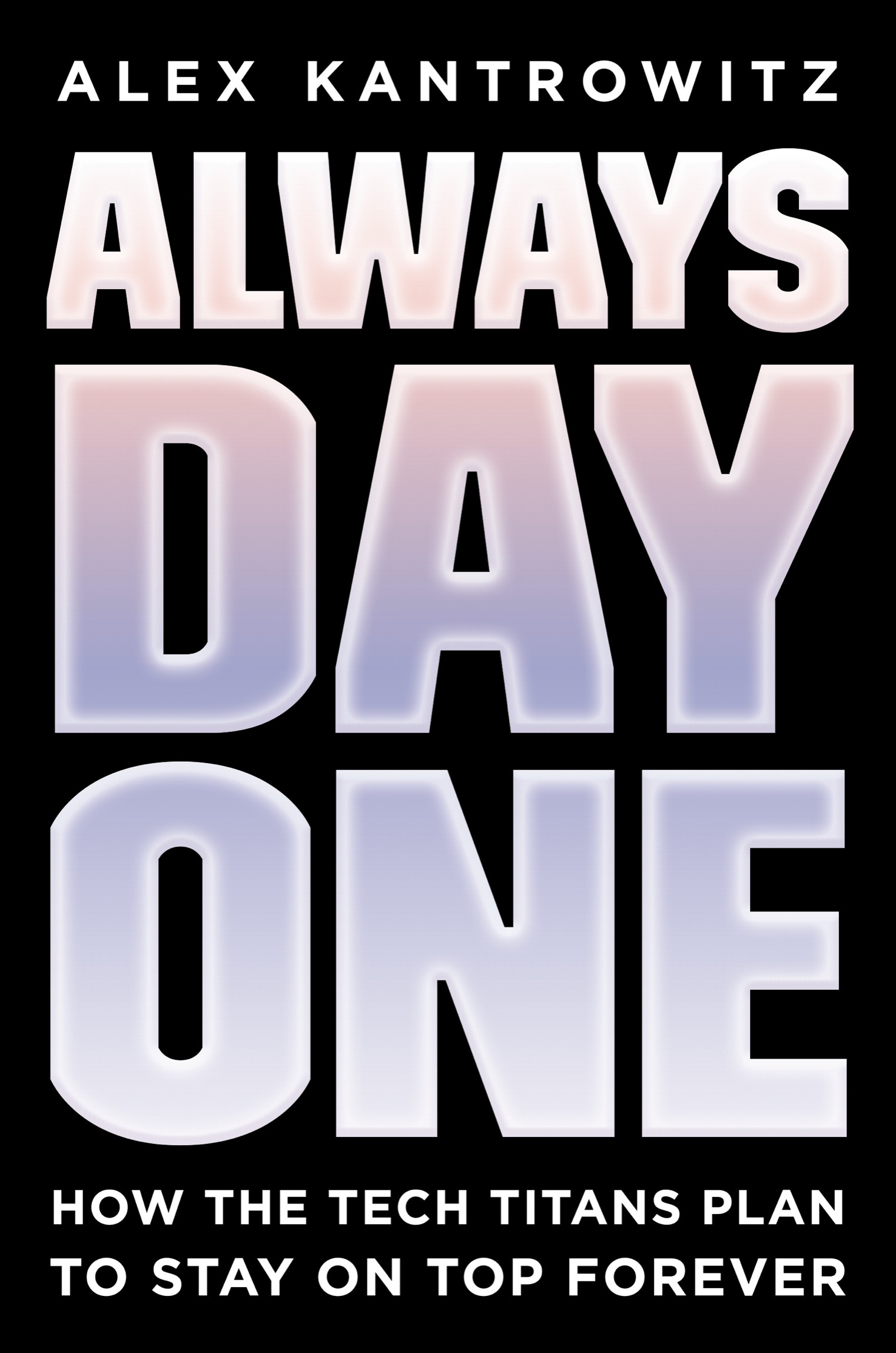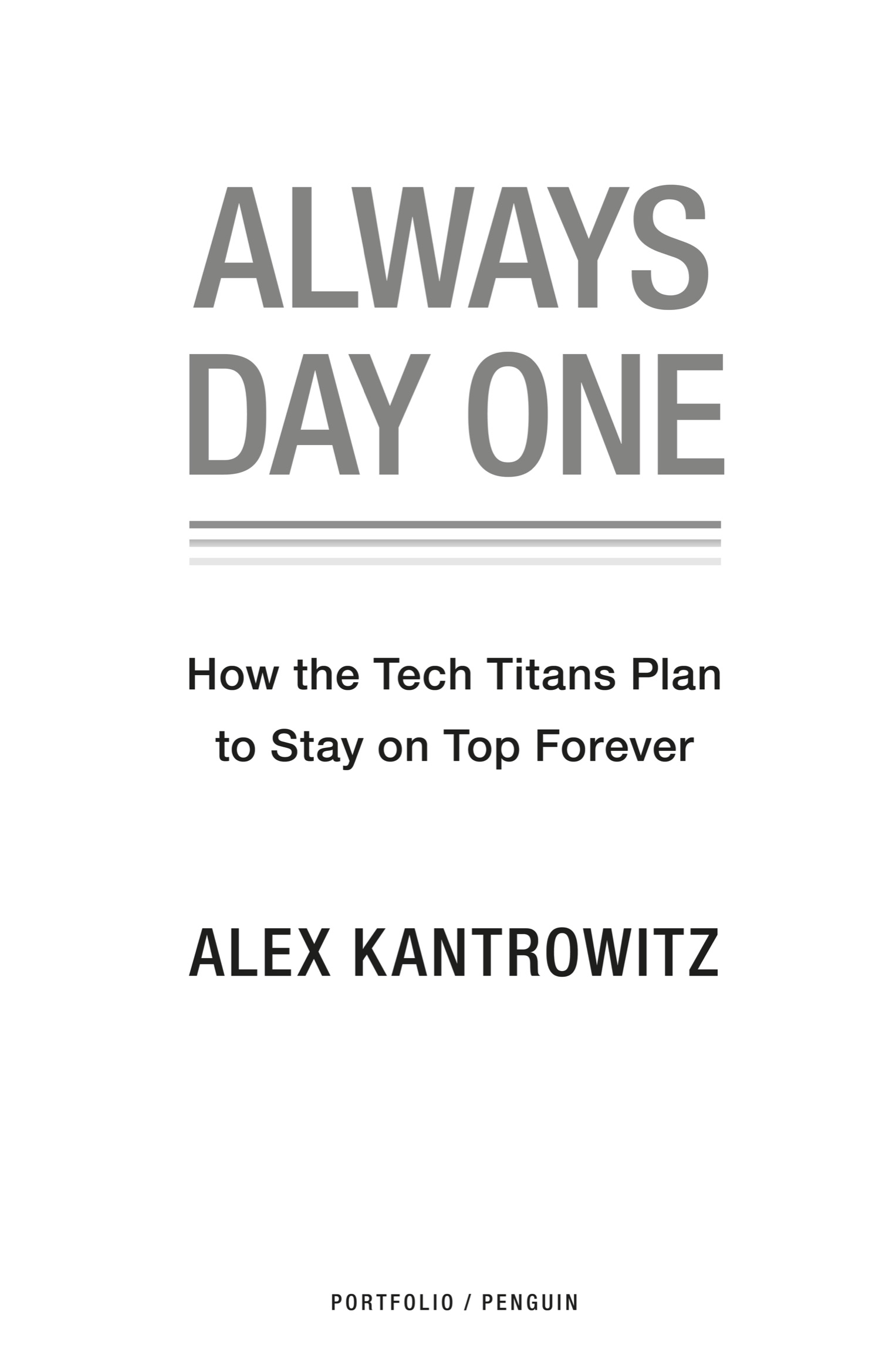Penguin supports copyright. Copyright fuels creativity, encourages diverse voices, promotes free speech, and creates a vibrant culture. Thank you for buying an authorized edition of this book and for complying with copyright laws by not reproducing, scanning, or distributing any part of it in any form without permission. You are supporting writers and allowing Penguin to continue to publish books for every reader.
Names: Kantrowitz, Alex, author.
Title: Always day one / Alex Kantrowitz.
Description: [New York] : Portfolio/Penguin, [2020] | Includes bibliographical references and index.
Identifiers: LCCN 2019054201 (print) | LCCN 2019054202 (ebook) | ISBN 9780593083482 (hardcover) | ISBN 9780593083499 (ebook)
Subjects: LCSH: High technology industriesManagementCase studies. | Internet industryManagementCase studies.
Classification: LCC HD62.37 .K36 2020 (print) | LCC HD62.37 (ebook) | DDC 338.7/6004dc23
Penguin is committed to publishing works of quality and integrity. In that spirit, we are proud to offer this book to our readers; however, the story, the experiences, and the words are the authors alone.
PREFACE
THE ZUCKERBERG ENCOUNTER
In February 2017, Mark Zuckerberg summoned me to his Menlo Park, California, headquarters for a meeting. It was my first time sitting down with the Facebook CEO, and it didnt go as anticipated.
His company, per usual, was enveloped in controversy. Pushing hard to grow its products but reluctant to moderate them, it had allowed them to fill with misinformation, sensationalism, and violent imagery. Zuckerberg seemed ready to talk about it, and I was eager to listen.
Facebooks main officea vast, open, concrete slab of a structureis an unnerving place to walk into. It has nine lobbies, two layers of security to enter, and guards demanding you sign a nondisclosure agreement before taking another step. Once inside, I made my way to a glass-walled conference room, smack in the middle of everything, where Zuckerberg holds his meetings. And after he finished a conversation with his chief operating officer, Sheryl Sandberg, he ushered me in, along with my editor Mat Honan, for a chat in full view of anyone walking by.
Zuckerberg had been hard at work on his Manifesto, a fifty-seven-hundred-word exposition outlining Facebooks response to the troubling content, and its role in its users lives more broadly. Coming in, I expected the typical CEO briefing: a lecture followed by limited time for questions. But after a brief overview, Zuckerberg started asking for feedback. What are the things we talked about that you feel didnt come through in the text? he said. Whats missing?
As I answered, Zuckerberg listened intently. His posture didnt shift. His focus didnt break. And his reactionsfirst a gentle dispute of my suggestion that Facebook talk more about its power, and then an acknowledgmentmade clear he wasnt asking just for show. I had never seen a CEO do this before, let alone one known for his obstinacy. It felt different, and worthy of investigation.
After our meeting, I asked everyone I could about Zuckerbergs unusual appeal for feedback. Is this normal? Has he ever asked you? Following several inquiries, I had my answer: the request was simply a glimpse into the way he runs Facebook. Zuckerberg has built feedback into Facebooks very fiber. Major meetings end with requests for it. Posters around Facebooks offices say FEEDBACK IS A GIFT . And nobody in the company is above it, not even Zuckerberg himself.
As a tech reporter in Silicon Valley, Ive watched the tech giants unconventional run of dominance from the front row. Instead of following the typical corporate life cyclegrow, slow, stumble, and ossifyApple, Amazon, Facebook, Google, and Microsoft have only become more powerful as theyve aged. And perhaps except for Apple (more on that later), theyre showing little sign of letting up.
Amid this run, Ive been struck by these companies uncommon internal practices. After countless interviews with chief executives, for instance, I had been convinced the worlds top CEOs were natural sellers, people who used the force of their personalities to rally others around their visions. But look at Zuckerberg and his counterpartsJeff Bezos at Amazon, Sundar Pichai at Google, Satya Nadella at Microsoftand youll see trained engineers more eager to facilitate than to dictate. Instead of answers, they have questions. Instead of pitching, they listen and learn.
Following that meeting in Menlo Park, I began digging into the tech giants inner workings more broadlylooking at their leadership practices, their cultures, their technology, and their processeswondering if there was a link between their success and the unique way they operate. As common patterns emerged, that link became impossible to deny. And I became obsessed with uncovering what exactly they were doing differently, and why it was working. Two years and more than 130 interviews later, this book is the product of that journey.
What youre about to read is the formula thats allowed the tech giants to achieve their dominance and sustain it. This is a book about culture and leadership, but more broadly its about ideas and invention, and the path between. Its about a new model for business in a time when companies can spin up new products in the blink of an eye, when challenge is constant and no advantage is safe. Leaning on an array of internal technology thats enabled them to operate differently, much of which theyve built themselves, the tech giants have uncovered this new formula early. The time has come to release it to everyone.
The companies detailed in this book arent perfectfar from it. In their unrestrained quest for growth, theyve worked their people to the bone, missed obvious abuses of their technology, and retaliated against earnest internal dissent. Such excesses have caused the US government to consider regulation, and politicians to call for their breakup. Largely with cause. So to state it for the record: this book is not about growth, or growth hacking, or beating down smaller companies. Its about creating inventive cultures, which I believe everyone can learn from. And for those looking to rein these companies in, understanding how their internal systems work can be a strategic advantage. To effectively diagnose illness, its helpful not only to look at the symptoms, but to understand the physiology.
If the tech giants knowledge remained only in their hands, the broader business worldand the regulators examining themwould be at a disadvantage. In our hands, we have a chance to even the playing field.
INTRODUCTION
ALWAYS DAY ONE

